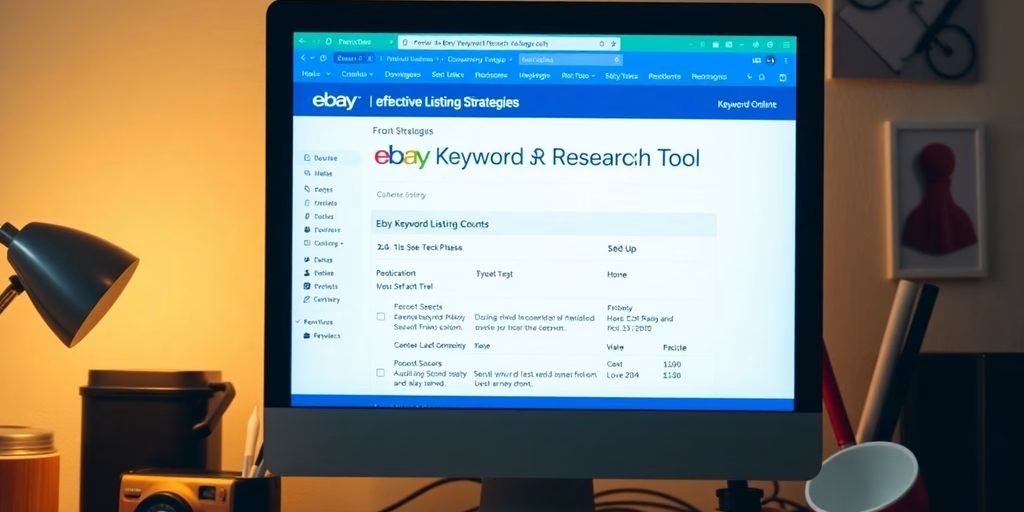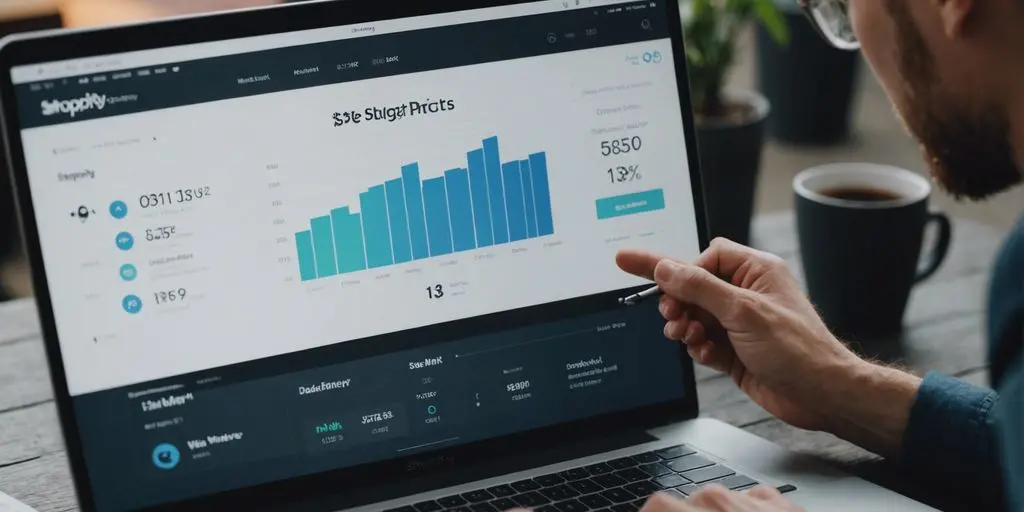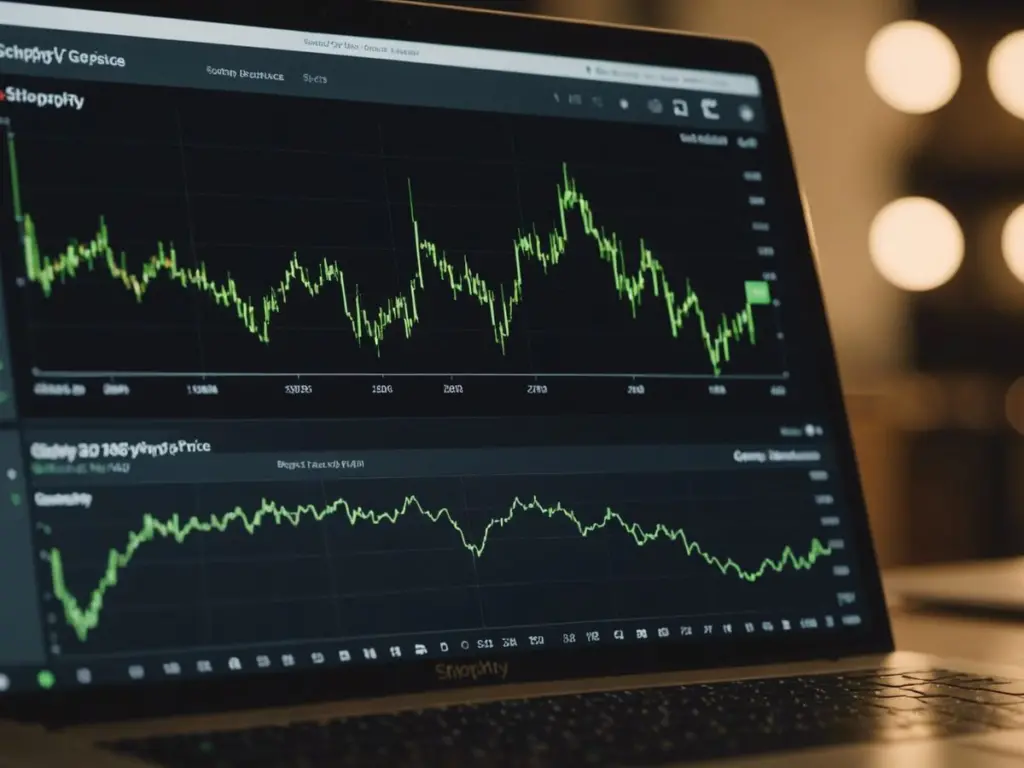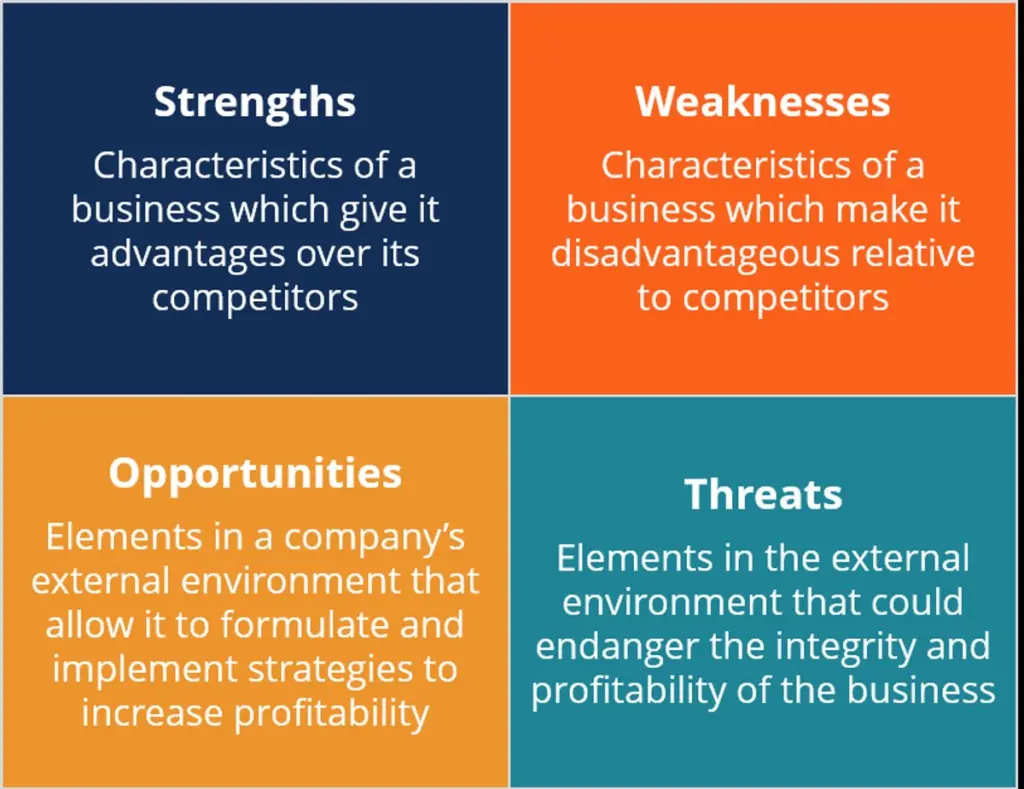Picking the right analytics agency can feel like a big task, especially with so many choices out there. It’s not just about the numbers or data crunching—it’s about finding a partner who understands your business and can help you grow. This guide will walk you through what to look for, from their methods and tech skills to their industry know-how and how well they fit with your company culture. By the end, you’ll be ready to make a smart choice that aligns with your goals.
Key Takeaways
- Look for agencies that use a mix of quantitative and qualitative methods to get a full picture.
- Check their experience and track record in your industry through case studies and client feedback.
- Ensure their data analytics capabilities include predictive analytics and AI for deeper insights.
- Make sure their approach aligns with your business goals and cultural values.
- Watch out for generic solutions; tailor-made strategies are key to success.
Evaluating Methodological Approaches in Analytics Agencies
When choosing an analytics agency, understanding their methodological approaches is vital. How they gather and interpret data can make or break a project. Let’s break down the key methods.
Quantitative Methods for Data Collection
Quantitative methods are all about numbers. Think surveys, polls, and experiments. These methods are great for getting a broad sense of trends and patterns. Agencies often use these to gather large amounts of data quickly. A well-structured survey can provide a snapshot of customer preferences or market trends. However, it’s important to ensure the data’s reliability. A poorly designed survey can lead to misleading results.
Qualitative Insights and Their Importance
On the flip side, qualitative methods dig deeper into the whys and hows. Techniques like focus groups and interviews allow for a richer understanding of consumer behaviours and motivations. These insights can reveal underlying attitudes that numbers alone might miss. For instance, while a survey might show a preference for a product, an interview could uncover why consumers feel that way. This depth of understanding is crucial for crafting strategies that resonate.
Balancing Methodological Rigour with Flexibility
An agency’s ability to balance rigour with flexibility is key. While it’s important to stick to methodological principles, being too rigid can stifle innovation. Agencies need to adapt their methods to fit the project’s unique needs. This might mean combining quantitative and qualitative approaches or tweaking a method to better suit the context. Flexibility ensures that the insights gathered are not only accurate but also relevant.
Choosing the right methodological approach is not just about sticking to the book. It’s about understanding the project’s goals and tailoring methods to meet those needs effectively. In today’s fast-paced world, this adaptability can be what sets an agency apart.
Understanding Advanced Data Analytics Capabilities
The Role of Predictive Analytics
Predictive analytics is all about using historical data to make informed guesses about the future. It’s like having a crystal ball, but powered by numbers. Businesses can use this to forecast trends or customer behaviours, which can be a game-changer in planning strategies. Predictive analytics helps companies stay ahead of the curve by anticipating market shifts. Imagine being able to adjust your marketing campaigns based on predicted customer interests – that’s the power of this tool. Companies are increasingly relying on this to not just react to changes, but to proactively shape their future actions.
Machine Learning in Modern Data Analysis
Machine learning is a big deal in data analytics. It’s where computers learn from data and improve over time without being explicitly programmed to do so. This is crucial for handling large datasets efficiently. With machine learning, you can automate repetitive tasks, spot patterns that humans might miss, and even make decisions. For instance, recommendation systems on streaming platforms or online stores use machine learning to suggest content or products you might like. It’s about making data work smarter, not harder.
Leveraging Artificial Intelligence for Deeper Insights
Artificial intelligence (AI) takes things a step further by mimicking human intelligence. This isn’t just about crunching numbers; it’s about understanding context and nuances. AI can process and analyse vast amounts of data quickly, providing insights that are both broad and deep. In today’s world, where advanced AI models are driving everything from customer service bots to complex decision-making systems, having AI capabilities is a must. It’s not just about gathering data anymore; it’s about transforming that data into meaningful, actionable insights that can drive business success. AI helps businesses not only understand what is happening now but also predict what might happen next, offering a strategic edge in competitive markets.
Assessing Industry Expertise and Track Record

Importance of Case Studies in Evaluation
When you’re checking out different analytics agencies, case studies can be super helpful. They show you what the agency has done before and how well they did it. Basically, they give you a peek into the agency’s past projects and successes. By looking at these case studies, you can see if the agency can handle the kind of work you need. They also show how the agency thinks and solves problems, which is a big deal.
Client Testimonials as Indicators of Success
Hearing from past clients is another way to see if an agency is any good. Testimonials are like reviews that tell you about the agency’s work style and how well they work with others. If a lot of people say good things about an agency, especially big names, it can make you feel more confident in choosing them. It’s like getting a thumbs up from someone who’s already been there.
Long-term Client Relationships and Their Significance
How long an agency keeps its clients says a lot about them. If they have long-term clients, it means they’re doing something right. It shows that they can keep delivering what the clients need over time. This is important because it means the agency can adapt to changes and keep up with what the client wants. It also means they can build strong, lasting partnerships, which is pretty important if you’re looking for a long-term partner.
Aligning Analytics Agencies Offerings with Business Objectives
Identifying Core Business Needs
Before you even start browsing through potential analytics agencies, take a step back to evaluate what your core business needs are. Are you aiming to expand your market reach or improve product offerings? Knowing your primary objectives helps in selecting an agency whose skills align with your goals. For example, if your focus is on expanding into new demographics, an agency with a strong track record in multi-market studies might be a good fit.
Ensuring Methodological Alignment
Once you’ve identified your core needs, the next step is ensuring that the agency’s methodologies align with your business objectives. This means looking at how they collect and analyse data. Do they use advanced analytics tools? Are they proficient in both qualitative and quantitative methods? The right methodological fit ensures the insights you gain are not only relevant but also actionable.
Evaluating Cultural Fit and Collaboration Style
Cultural fit is often overlooked but plays a crucial role in the success of a partnership. An agency that aligns well with your company’s values and communication style can make the collaboration smoother and more effective. When both parties share similar work ethics and values, it leads to more open communication and a more productive working relationship.
Aligning your business needs with an agency’s capabilities isn’t just about finding a service provider; it’s about forming a strategic partnership. This alignment transforms raw data into strategic insights, empowering your business to make decisions that are both data-driven and directly tailored to advancing your overarching objectives.
Formalising Partnerships with Analytics Agencies

Creating a solid foundation with your chosen analytics agency is critical for a successful partnership. This involves a structured approach to contracts, onboarding, and communication.
Key Elements of a Comprehensive Contract
A well-drafted contract is the backbone of any partnership. It should clearly define the scope of work, deliverables, timelines, payment terms, and confidentiality agreements. Both parties must have a shared understanding of their roles and responsibilities. This clarity helps prevent misunderstandings and sets the stage for a productive relationship.
Onboarding Processes for Effective Collaboration
Introducing the agency to your business is more than just a formality. A comprehensive onboarding process includes:
- Introducing the agency to key team members.
- Sharing relevant information about your company’s products and market position.
- Providing insights into past research efforts and strategic goals.
This helps the agency align with your business context and objectives, ensuring they become a strategic partner rather than just a service provider.
Maintaining Communication and Monitoring Progress
Effective communication is essential for a successful partnership. Set up regular check-ins to monitor progress and adjust strategies as needed. This proactive approach not only keeps the project on track but also builds trust between your team and the agency. Regular updates and feedback loops are key components in maintaining a transparent and collaborative relationship.
Building a partnership with an analytics agency is not just about getting the job done; it’s about creating a relationship that adds value to your business in the long term.
By following these steps, you can transform your agency from a mere service provider into a strategic partner that contributes significantly to your business success. This kind of engagement maximises the return on your investment and lays the groundwork for a long-term, productive relationship.
Avoiding Common Pitfalls in Agency Selection

Recognising Red Flags in Agency Proposals
When you’re on the hunt for an analytics agency, watching out for red flags is crucial. One big warning sign is when an agency offers a one-size-fits-all solution. Every business has its own quirks and needs, so a generic approach won’t cut it. Another issue to be wary of is when an agency makes big promises without backing them up with evidence. If they can’t show you past successes or how they plan to meet your specific needs, it might be time to look elsewhere. Transparency is key. If they can’t clearly explain their methods or share their data sources, it could be a sign of trouble.
Importance of Tailored Solutions
A tailored approach is essential in analytics. Agencies that don’t customise their strategies might not be able to provide the insights you need. Look for agencies that take the time to understand your business and offer solutions that fit your goals. This is especially important when dealing with complex data sets or unique business challenges. Tailored solutions mean the agency is willing to put in the work to understand your needs rather than just applying a standard template.
Conducting Thorough Due Diligence
Before signing on the dotted line, do your homework. This means checking out the agency’s track record and asking for references. Case studies can offer a glimpse into how they’ve handled similar projects in the past. It’s also wise to ask for a detailed proposal. This should outline their approach, timelines, and what you can expect at each stage. Having a clear proposal helps ensure that both parties are on the same page and can prevent misunderstandings down the road.
In the end, the success of your partnership with an analytics agency often hinges on the groundwork you lay at the start. By being diligent and asking the right questions, you can avoid common pitfalls and choose a partner that truly meets your needs.
Finalising Your Decision on Analytics Agencies
Strategic Review of Collected Data
When you’ve gathered all the necessary information about potential analytics agencies, it’s time to sit down and review everything. This isn’t just about numbers and metrics. It’s about understanding how each agency fits into your overall business strategy. Look at how their strengths align with your goals and values. Make sure you’ve considered every angle, from their technical capabilities to their cultural fit with your team.
Weighing Pros and Cons of Potential Partners
Creating a list of pros and cons for each agency can be incredibly helpful. Consider factors like their expertise, past performance, and the specific services they offer. Think about how they handle challenges and whether their approach matches your needs. Here’s a simple way to do it:
- Expertise and Experience: How well do they understand your industry?
- Cultural Fit: Do they share similar values and work ethics?
- Service Offerings: Are their services tailored to your requirements?
Building Trust and Rapport with Agency Teams
Finally, trust and rapport are essential. You want to work with an agency that you feel comfortable communicating with, one that listens and responds to your concerns. Building a good relationship can make all the difference in the success of the partnership. Establishing open lines of communication right from the start can help set the tone for a productive collaboration.
It’s not just about choosing the most technically skilled agency but finding a partner who understands your vision and is committed to helping you achieve it.
When it comes to choosing the right analytics agency, it’s important to take your time and think carefully. Look for a team that understands your needs and can help you reach your goals. Don’t hesitate to reach out to us for guidance. Visit our website to learn more about how we can support your business journey!
Conclusion
In wrapping up, choosing the right analytics agency is a bit like finding the right pair of shoes. It needs to fit well, be comfortable, and suit your style. As we’ve explored, there are many factors to weigh up, from the agency’s experience in your industry to their approach to data analysis. It’s not just about the numbers; it’s about how they interpret them and how that aligns with your business goals. Remember, the right agency should feel like an extension of your team, working alongside you to achieve your objectives. So, take your time, do your homework, and trust your instincts. With the right partner, you’ll be well-equipped to navigate the data-driven world of 2025.
Frequently Asked Questions
What are the key things to look for in an analytics agency?
When picking an analytics agency, look for their experience in your industry, the methods they use to gather and analyse data, and how well they understand your business needs.
How do I know if an agency’s approach is right for my business?
Check if the agency’s methods match your business goals. They should be able to explain how their approach will help you reach your objectives.
Why is industry experience important when choosing analytics agencies?
Industry experience means the agency understands the specific challenges and opportunities in your field, which can lead to better insights and solutions.
What role do client testimonials play in selecting analytics agencies?
Client testimonials give you an idea of what it’s like to work with the agency and how successful they’ve been in helping other businesses.
How can I ensure the analytics agencies will be a good fit for my company culture?
Discuss your company values and work style with the agency to see if they align. A good cultural fit can lead to a more productive partnership.
What should be included in the contract with analytics agencies?
The contract should outline the work scope, timelines, deliverables, payment terms, and confidentiality agreements to ensure clear expectations.
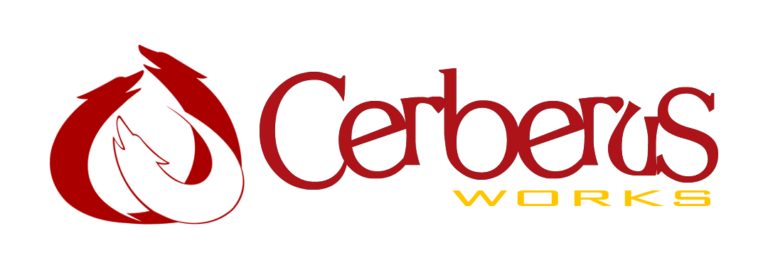
![A Comprehensive Guide to Google Play Console Pricing [n8n]](https://cworks.id/wp-content/uploads/2025/09/cover-image-24622.avif)
![Understanding the Google Play Console Price: What Developers Need to Know [arvow]](https://cworks.id/wp-content/uploads/2025/05/4755037cthumbnail.avif)



















